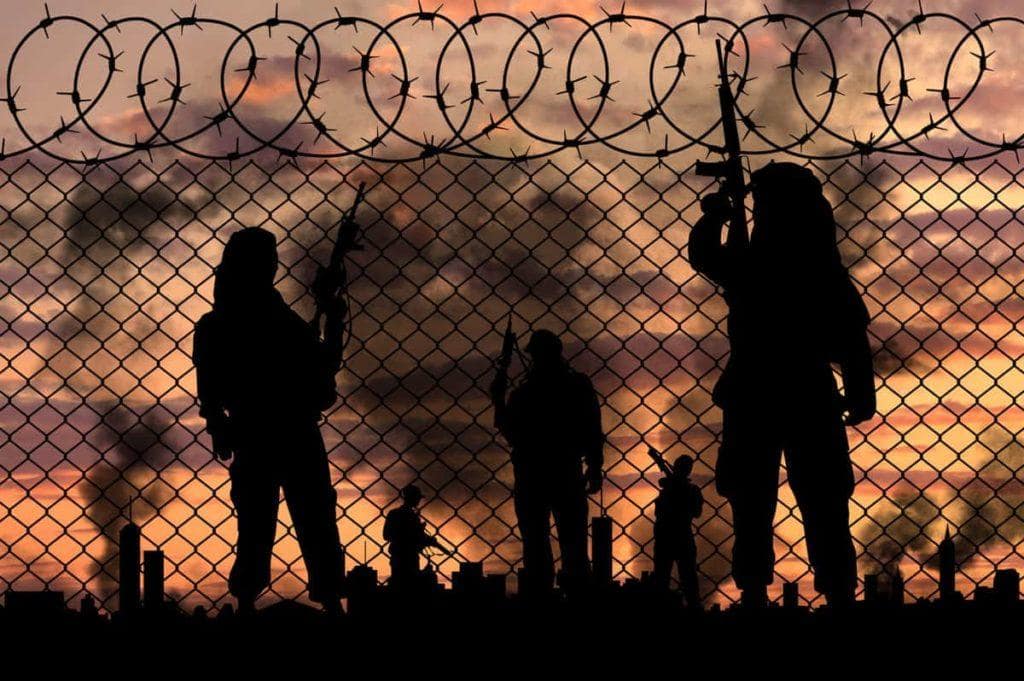ISIS Bombings Expose Shortfalls in Iraq’s Security Forces

Concept of terrorism. Silhouette terrorists near the border fence in the background on the city in smoke at sunset
Originally published by the National Interest
The PMU’s ability to openly and repeatedly defy Iraqi law and disavow the interest of the country they are supposed to be protecting presents a major security challenge to the Iraqi government.
Duel suicide bombings tore through a crowded marketplace in Baghdad on January 21, killing over 30 people and injuring dozens of others. The Islamic State claimed responsibility for the bombings, marking the first large-scale attack in the country in more than two years. Once a regular occurrence in Baghdad, suicide attacks have ceased in recent years after the Islamic State lost the final territories it controlled in Iraq in 2019.
- U.S. Carrier Strike Groups Have Struck 800 Targets in Yemen - April 30, 2025
- The U.S. Is Boosting Its Middle East Military Posture - April 22, 2025
- Why America Needs Its Own Iron Dome Air Defense - April 10, 2025
